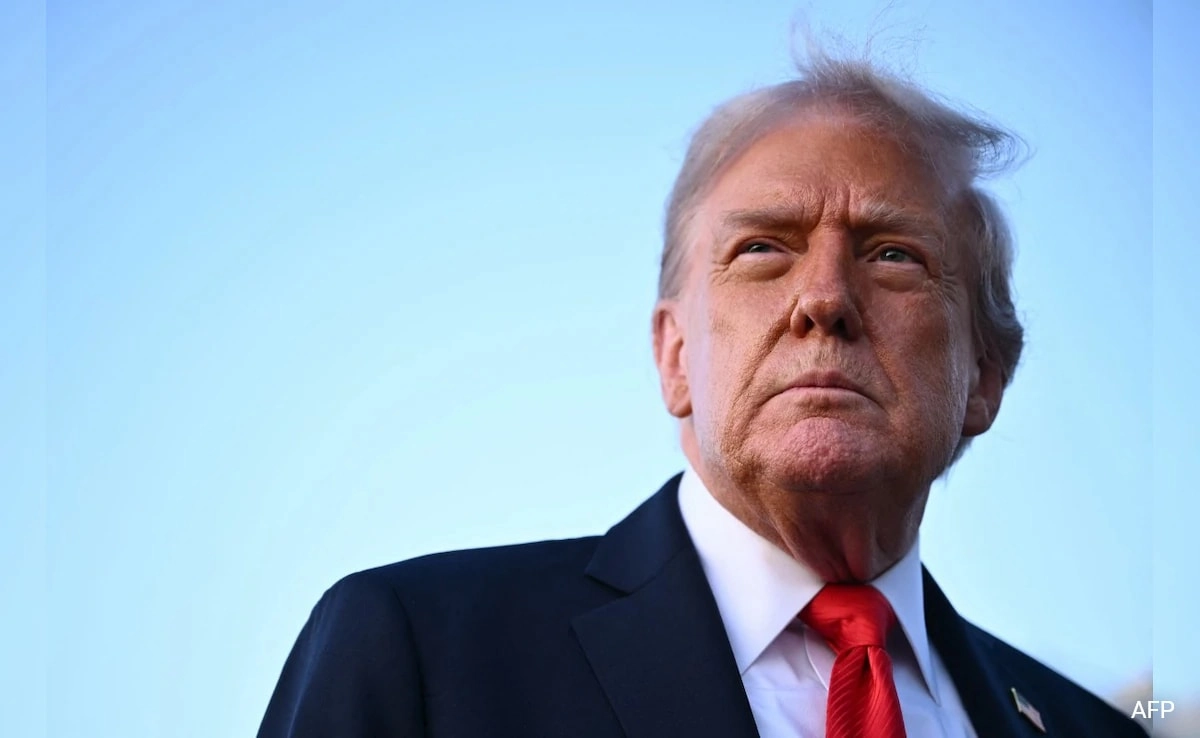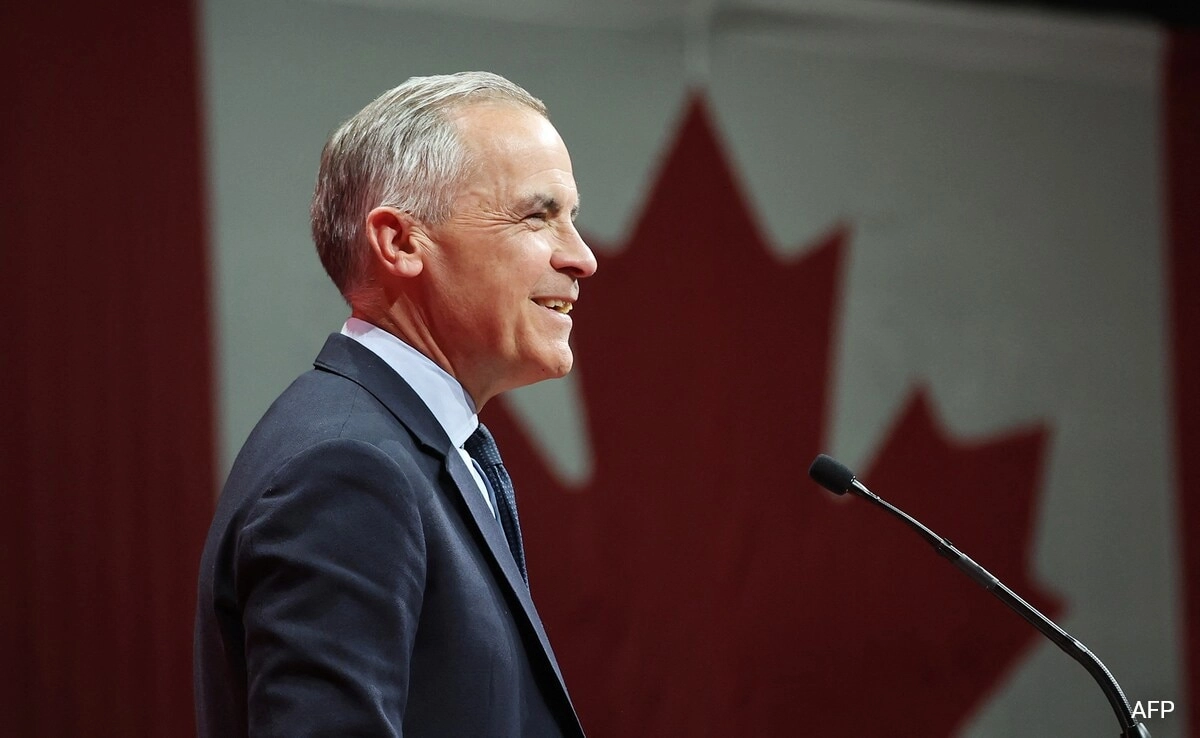Former President Donald Trump has launched a significant legal offensive against The New York Times, filing a defamation lawsuit seeking a staggering $15 billion in damages. This lawsuit comes in the wake of articles published by the newspaper that Trump claims have harmed his reputation and misrepresented his dealings. The suit argues that The New York Times published false statements and presented biased narratives regarding Trump’s business practices, particularly focusing on the financial aspects of his operations during his presidency and beyond.
In the legal documents, Trump alleges that the articles in question were not only inaccurate but also motivated by a political agenda aimed at undermining his public image. He contends that the coverage has had a detrimental impact on his personal and business reputation, leading to financial losses and emotional distress. This bold move reflects Trump’s ongoing battle against media entities that he perceives as adversarial, a stance he has maintained throughout his political career. The lawsuit adds to a series of legal challenges Trump has faced since leaving office, as he continues to navigate the complex intersection of business interests and political narratives.
The defamation claim underscores the contentious relationship between Trump and major media outlets, especially The New York Times, which he has frequently criticized for its reporting. Trump’s aggressive approach to litigation is not new; he has a history of using legal channels to challenge narratives he believes are unfair or damaging. Observers note that this lawsuit could set a precedent for how public figures interact with the press, particularly concerning the balance between free speech and defamation. As the legal proceedings unfold, the implications of this case may resonate beyond the immediate parties involved, potentially influencing the landscape of media reporting and accountability.
In a broader context, Trump’s lawsuit highlights ongoing tensions in American media and politics, where the lines between opinion, fact, and bias are increasingly blurred. The outcome of this case may not only affect Trump’s financial standing but could also shift public perception of both the former president and the media’s role in shaping political discourse. As the legal battle progresses, it will be critical to observe how the courts interpret issues of defamation in relation to public figures, particularly in an era where misinformation and media scrutiny are rampant.




